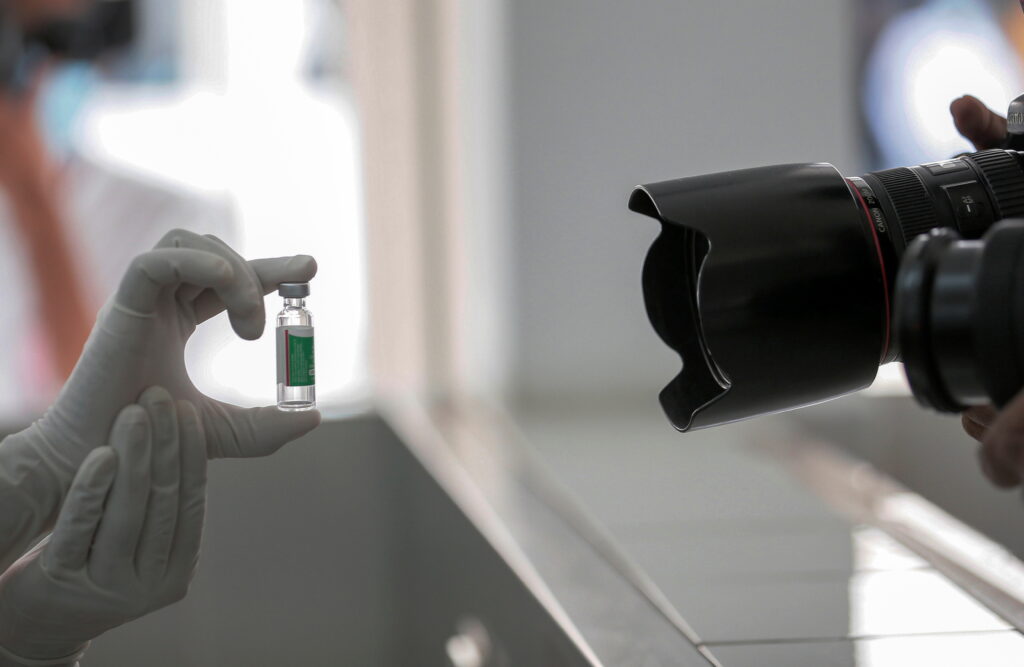
With news about coronavirus vaccines dominating headlines and misinformation spreading around the world, the Thomson Reuters Foundation – in partnership with the Sabin Vaccine Institute – launched an eight-day ‘Reporting on Immunisation and Vaccination’ programme for journalists in Eastern Europe.
The online programme covered a wide range of topics – from the role of vaccines in public health, to new and emerging issues around COVID-19 vaccines, to the responsibility of the media in educating the public about vaccine and immunisation related misinformation.
Over the course of the training, the cohort of journalists were briefed by science and health experts and also received one-to-one mentoring from leading media trainers.
Below are reflections from two of the participants following their completion of the programme:
By Nina Kheladze, a journalist from Georgia
We all hope that the world will soon transition into a post-pandemic era – something which, according to the experts, is largely dependent upon the global rollout of vaccines. In some countries this process has already started, and in Georgia, the vulnerable and high-risk groups are expected to receive the vaccine – ordered via the Covax platform – early this year.
This context only emphasises the importance and relevance of the training organised by the Thomson Reuters Foundation, in partnership with the Sabin Vaccine Institute. With so many questions around vaccines and immunisation, I was delighted to be given the chance to learn more about these topics so that I could then share this information with my audience.
I learnt a lot of new things from participating in this programme, including the important role that the media plays in combatting vaccine misinformation. We also had the opportunity to hear from experts from the World Health Organization and the Sabin Vaccine Institute – the latter of whom happened to be an excellent specialist from my home country, Georgia. I also connected with colleagues from other countries and we worked together to develop new angles for our articles.
During the training I learnt many important facts about vaccines from leading health experts, and I’m now going to use them to fight disinformation. This is what really motivated me to take part in the programme in the first place, and I am now equipped with the information to play a part in fighting the myths around vaccines that are circulating throughout society.
Another key takeaway – one that has stayed with me following the training – was learning about the global campaign against smallpox, which contributed to its eradication. This is the only infectious disease to achieve this distinction and it serves to highlight the vital importance of global co-operation and collaboration in the fight against COVID-19.
By Yelena Stepanova, a journalist from Moldova
I was honoured to take part in an online training for journalists reporting on immunisation and vaccination – a programme which has not only helped me to pitch original and important stories but has also provided a fresh insight into reporting on immunisation in the modern world. Our mentors Anatoly Verbin and Ilya Kachaev led us along a path of new knowledge in the field of modern virus science in a gentle and confident manner. Despite having basic knowledge in this field, I was committed to learning about the success and achievements of modern medical science – something which has come to the forefront of journalism, and all societies around the world, due to the current health crisis.
I also learnt a lot from hearing about the first-hand experiences of my fellow colleagues and receiving advice from our mentors – all of which I intend to apply to my journalistic pursuits. Being connected with other journalists was definitely one of the highlights of the training, and I’m now part of a sub-group that is exploring the idea of creating cross-border material about seasonal flu vaccines during the pandemic.
The programme also provided us with the unique opportunity to be connected with experts from the World Health Organization and the Sabin Vaccine Institute. I’m sure that all of the acquired knowledge, as well as my newly established contacts and networks, will bolster my health reporting. Words fail to express my gratitude to everyone who made this wonderful online training possible. With that I still say: ‘Thank you very much!’
Following the completion of the training, participants continued to receive mentorship from the course’s trainers as they developed their stories. Check out the participants’ published articles:
- Nina Kheladze, Sona Martirosyan and Elena Stepanova – TOK TV (long-form and video), locals.md
- Katie Tutberidze – 1 TV.GE (videos here and here)
- Nelly Stratulat
- Elena Stepanova
- Sona Martirosyan
- Ismayil Fataliyev
More News
View All
How ‘foreign agent’ laws are silencing independent media
We explore the growing threat of ‘foreign agent’…
Read More
Unpacking the regional trends of the Index of Pro Bono 2024
We take a look at the long-term trends on pro…
Read More
2024 Index of Pro Bono findings revealed
The 2024 Index of Pro Bono, compiling comprehensive data representing nearly…
Read More
Journalists cautiously optimistic about the effect of AI on the profession, our new report finds
Our new TRF Insights report sheds light on the opportunities and challenges of AI…
Read More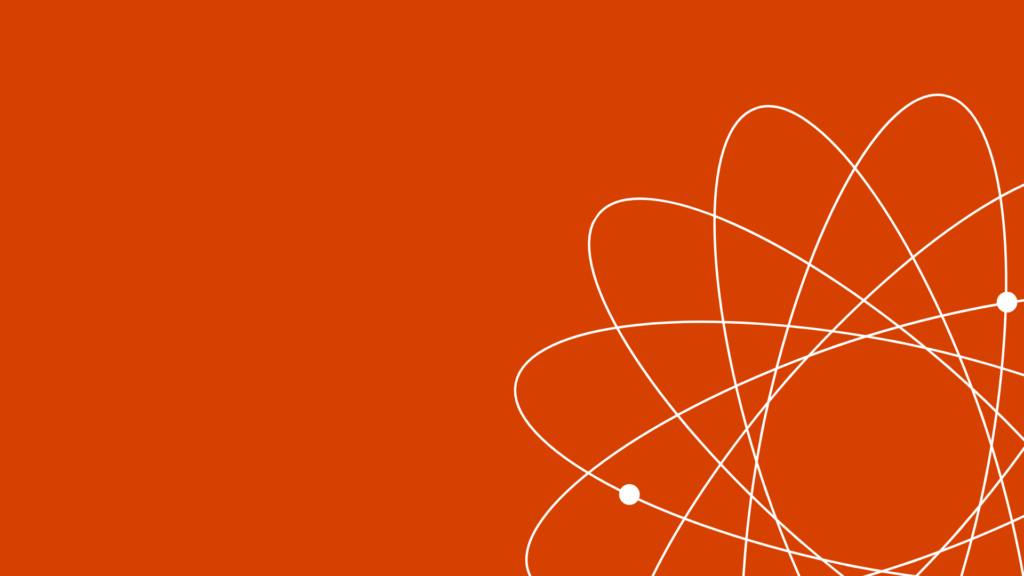
Thomson Reuters Foundation announces new members of the Board of Trustees
Two new trustees have…
Read More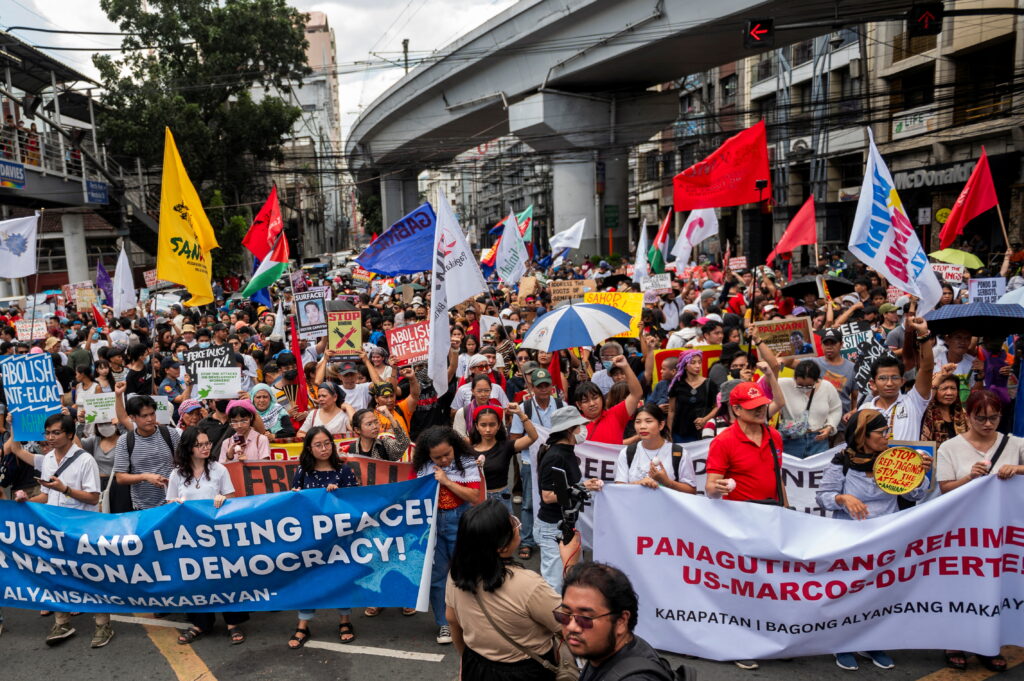
Why strengthening access to the law is critical to protecting human rights
On Human Rights Day,…
Read More
Reflections on COP29
Jack Graham, Context’s Deputy Editor for Funded Projects, shares his reflections from this year’s COP29 conference.
Read More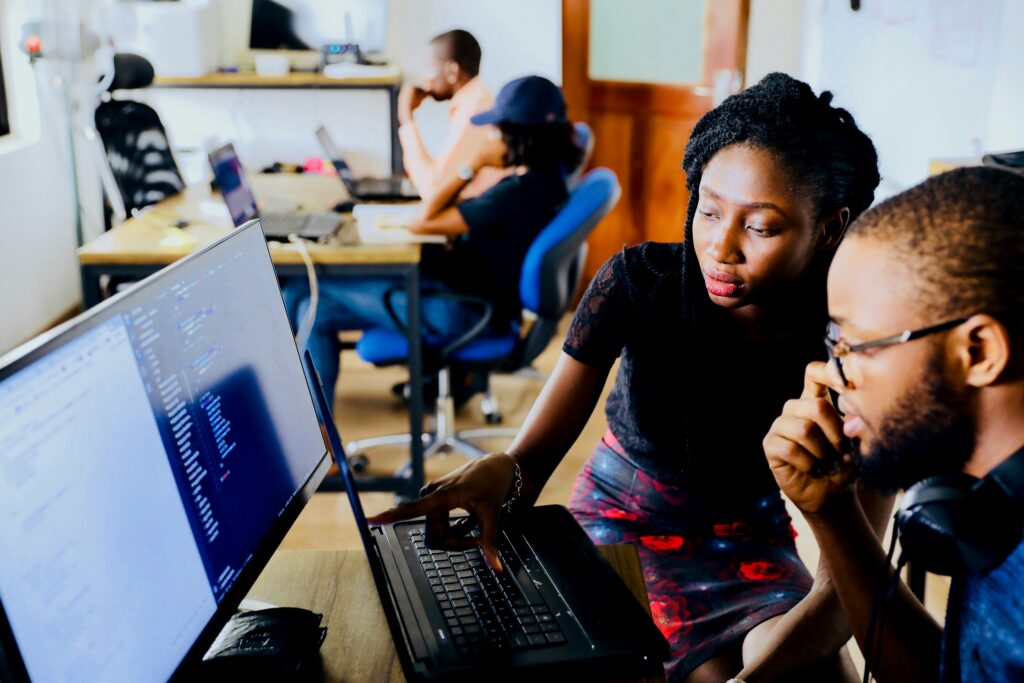
Thomson Reuters Foundation and UNESCO partner to drive responsible corporate AI adoption
The Thomson Reuters Foundation and UNESCO have partnered to launch the AI…
Read More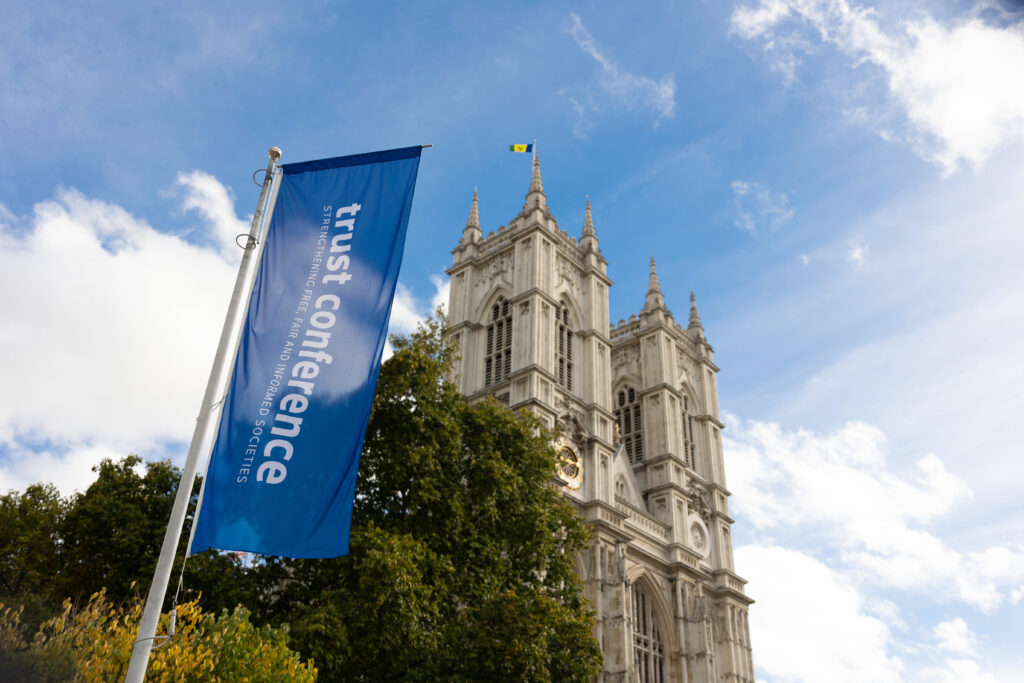
Announcing this year’s line-up for Trust Conference 2024
How do we defend democracy and trust in…
Read More
Thomson Reuters Foundation announces winners of the 2023 TrustLaw Awards
The winners of the 2023…
Read More

